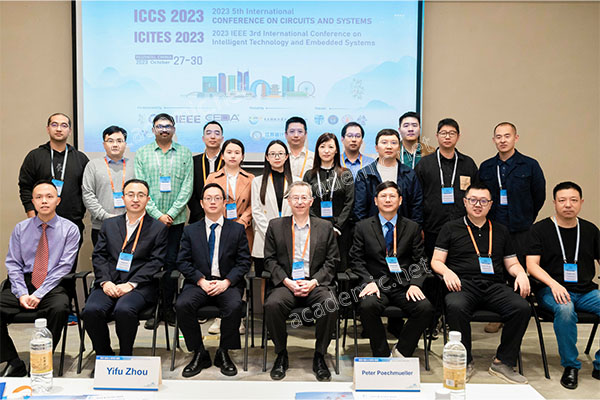Tips for Submitting to IEEE Conferences
Submitting papers to IEEE conferences can be a significant milestone in a researcher's career. IEEE conferences are known for their rigorous peer review process and high standards, making them a prestigious platform for presenting innovative research. This guide provides essential tips to help you successfully submit your paper to IEEE conferences.
Why Submit to IEEE Conferences?

- High Visibility: IEEE conferences attract global attention, providing your research with wide visibility.
- Quality Peer Review: Your work will be reviewed by experts in your field, ensuring high-quality feedback.
- Networking Opportunities: Engage with leading researchers, industry professionals, and potential collaborators.
- Publication in IEEE Xplore: Accepted papers are published in the IEEE Xplore Digital Library, enhancing their accessibility and citation potential.
1. Choose the Right Conference
Selecting the appropriate conference is crucial. Here’s how to find the right IEEE conference:
- IEEE Conference Search: Use the IEEE Conference Search tool to find conferences matching your research interests and deadlines.
- Academic.net: Visit Academic.net for a comprehensive list of upcoming IEEE conferences and other academic events across various disciplines.
- Professional Networks: Seek recommendations from colleagues, mentors, and professional associations.
Each IEEE conference has specific submission guidelines. Make sure to:
- Read the Call for Papers (CFP): Carefully read the CFP to understand the conference's focus areas and submission requirements.
- Follow the Format: Use the IEEE conference templates for LaTeX or Microsoft Word to format your paper correctly.
- Adhere to Deadlines: Note the deadlines for paper submission, notification of acceptance, and final paper submission.
A well-prepared paper increases your chances of acceptance. Here's how to craft a compelling submission:
- Title and Abstract: Write a clear and informative title and abstract that highlight the significance of your research.
- Introduction: Provide a concise introduction that outlines the research problem, objectives, and contributions.
- Methodology: Detail your research methods to ensure reproducibility.
- Results and Discussion: Present your findings clearly and discuss their implications.
- Conclusion: Summarize the key points and suggest future research directions.
- References: Use the IEEE citation style and ensure all references are accurate and relevant.
Before submitting, use plagiarism detection tools such as Turnitin or iThenticate to ensure your work is original and properly cited.
5. Submit Your Paper
Submission is typically done through the conference’s online submission system. Ensure you:
- Register on the Submission Portal: Create an account on the conference’s submission portal.
- Upload Your Paper: Follow the instructions to upload your paper and any supplementary materials.
- Confirm Submission: Double-check your submission for completeness and accuracy, then confirm submission.
After submission, your paper will undergo a peer review process. Be prepared to:
- Respond to Reviewer Comments: Address any feedback or required revisions promptly and thoroughly.
- Revise and Resubmit: If necessary, revise your paper according to the reviewers’ suggestions and resubmit it by the given deadline.
If your paper is accepted, prepare to present your work:
- Create Presentation Materials: Develop slides or other materials that effectively communicate your research.
- Practice Your Presentation: Rehearse your presentation multiple times to ensure clarity and timing.
- Engage with Attendees: Use the conference as an opportunity to network with other researchers and professionals in your field.
- Proofread Thoroughly: Ensure your paper is free of grammatical and typographical errors.
- Seek Feedback: Get feedback from colleagues or mentors before submission to improve the quality of your paper.
- Stay Organized: Keep track of deadlines and submission requirements to avoid last-minute issues.
For more detailed information on IEEE conferences, submission guidelines, and important deadlines, visit Academic.net. Academic.net offers a comprehensive database of academic conferences, helping researchers and professionals find suitable events and stay updated on important submission requirements.
